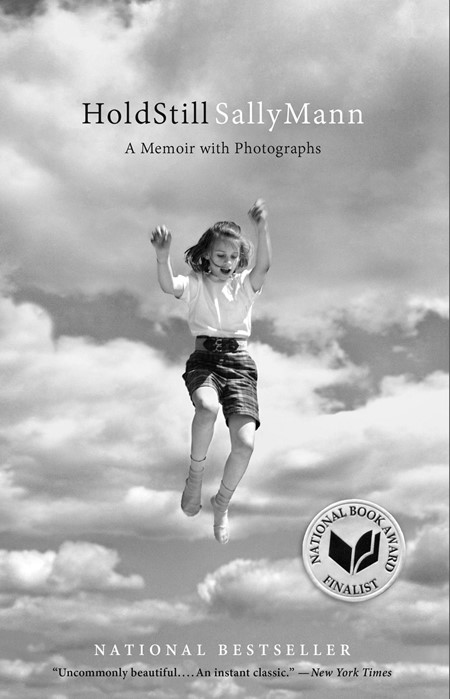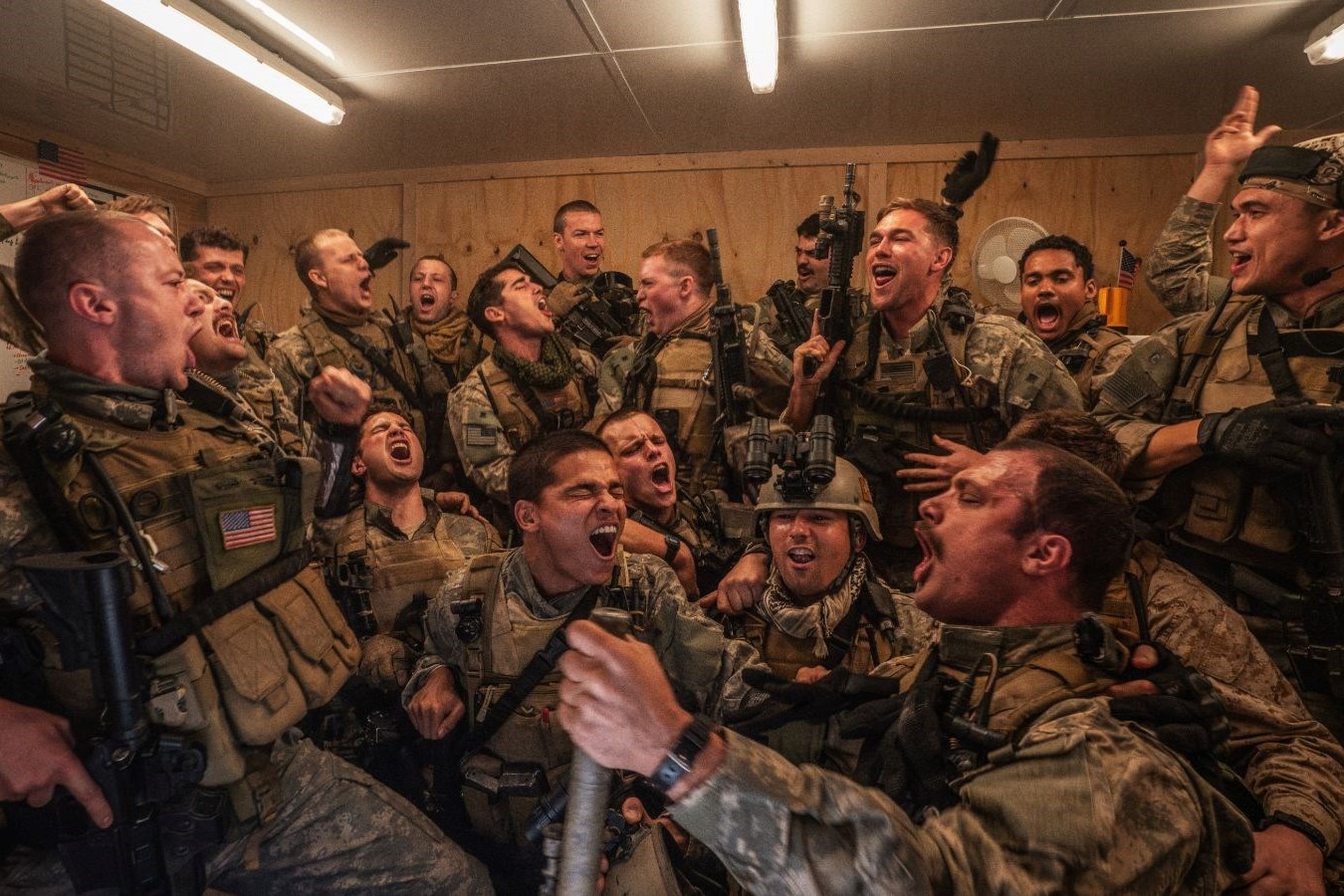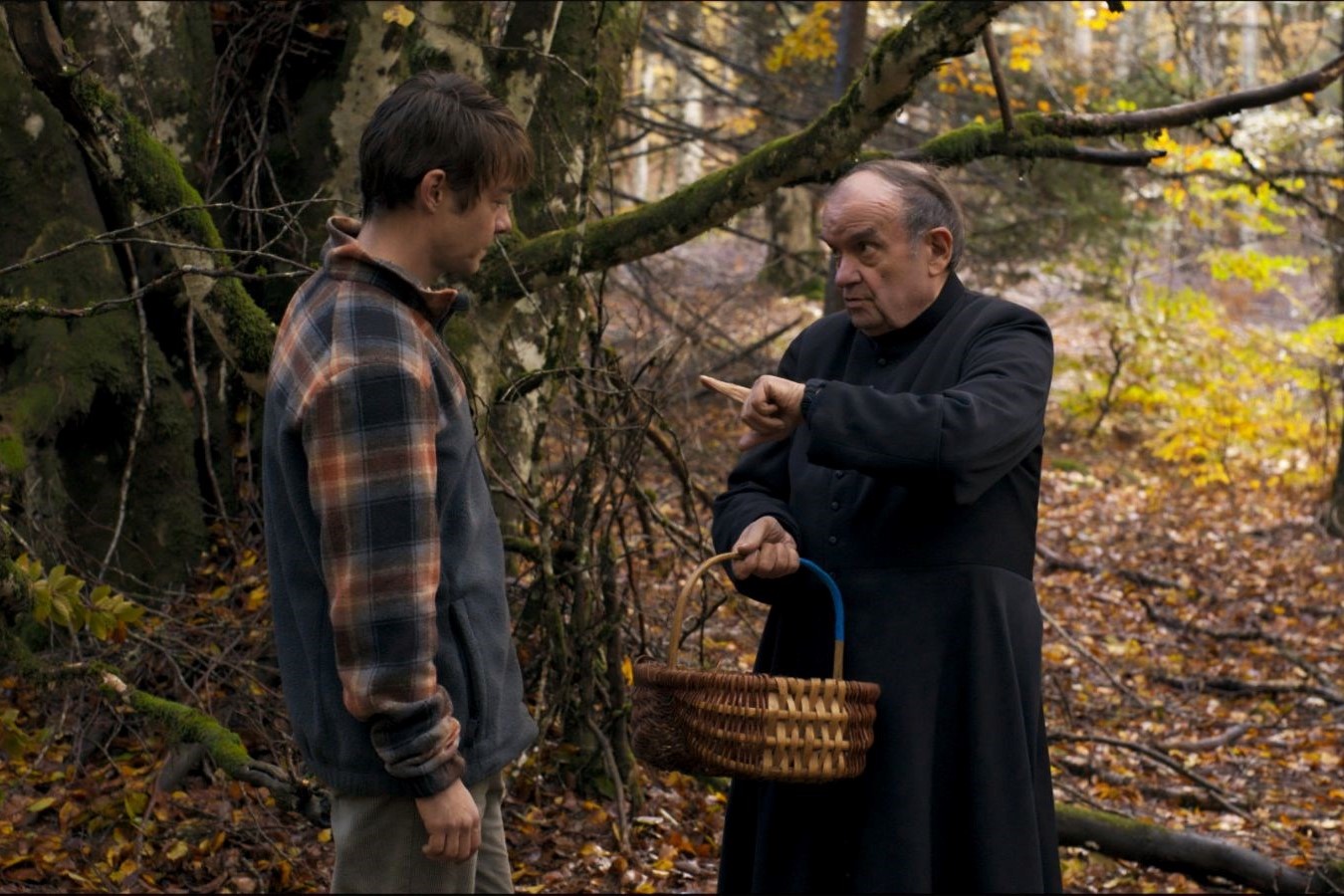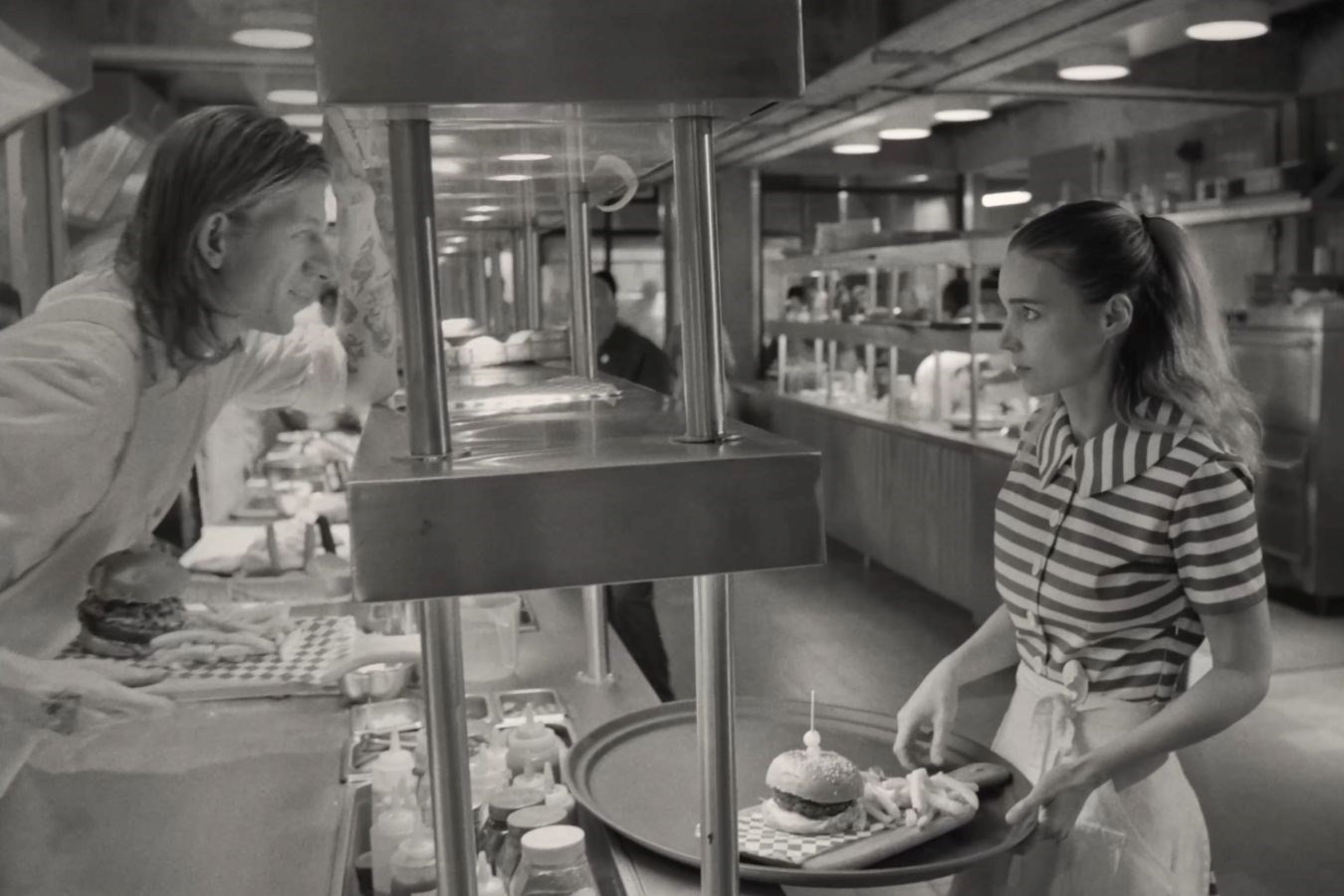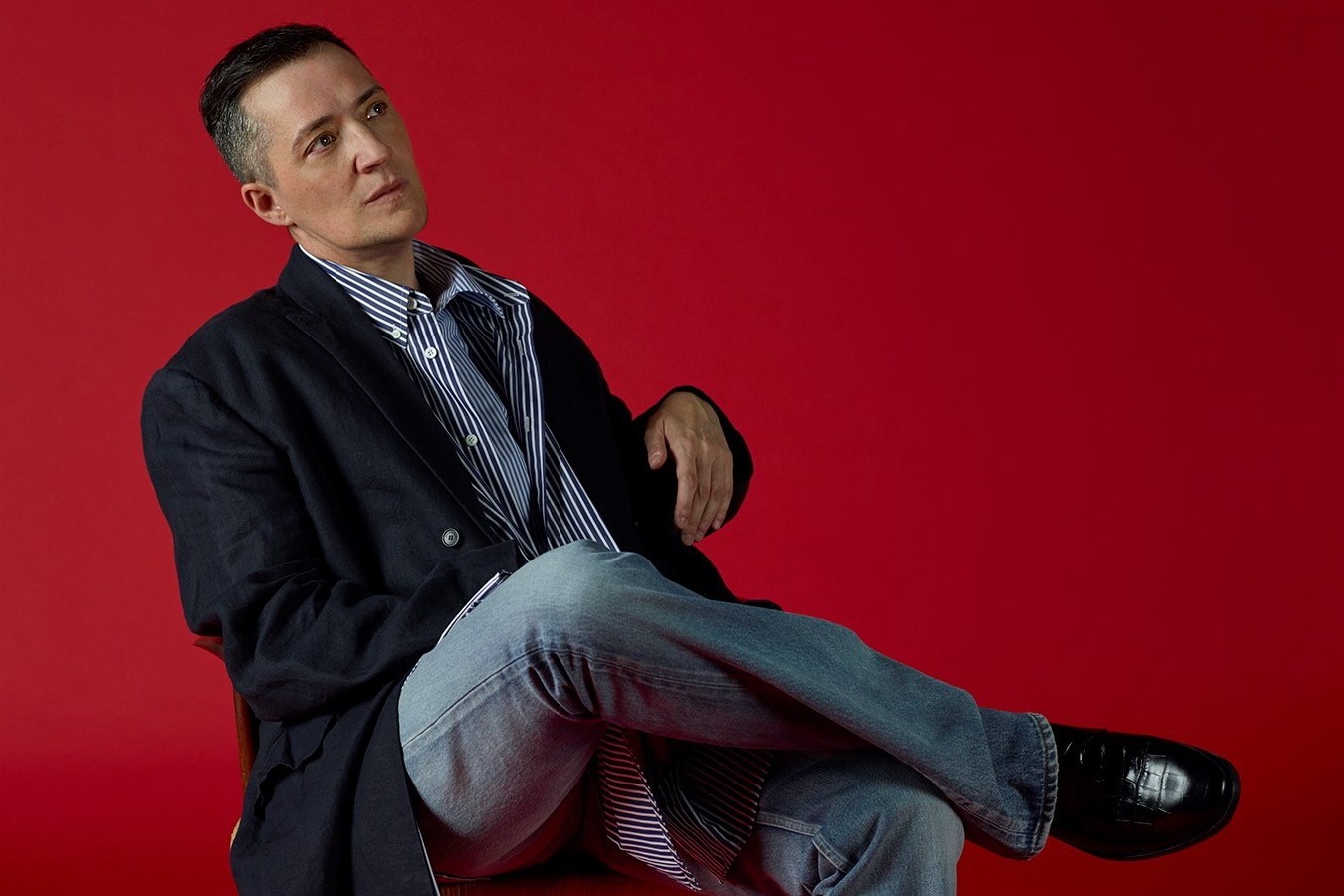We spotlight a selection of our favourite artists’ autobiographies and biographies, from the empowering to the scandalous, for your summer reading inspiration
Summer is upon us and this year, more than ever, it feels pertinent to pick holiday reads that will uplift and inspire. Where better to turn to, then, than artists’ memoirs and biographies – filled as they are with tales of overcoming life’s hardships, fights for justice and recognition in and outside of the art world, the quest to forge a legacy through art, and, more often than not, a juicy scandal or two to keep the reader’s interest piqued. Here, we’ve selected 15 of our favourites for your perusal, spanning the empowering, the ephemeral, the political and the downright provocative (Diego Rivera, we’re looking at you).
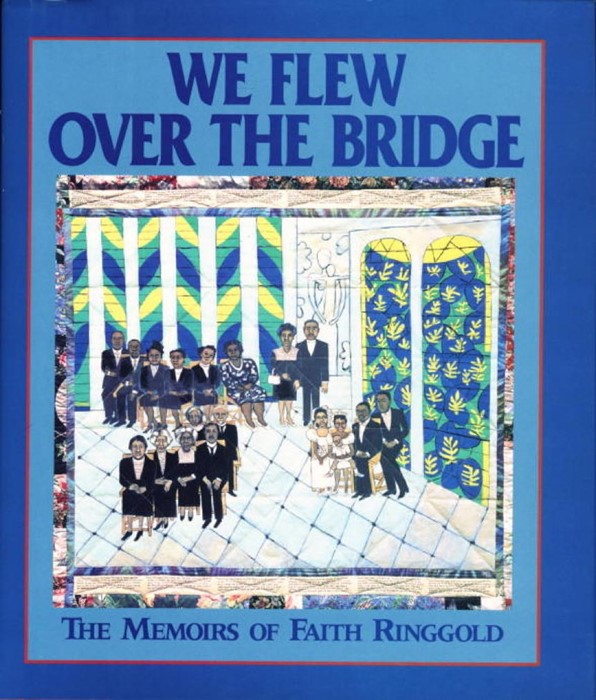
1. We Flew Over the Bridge: The Memoirs of Faith Ringgold
Faith Ringgold is one of America’s most renowned artists and activists, whose inherently political, exquisitely executed work – from “story quilts” to paintings – tackle civil rights and gender inequality head on. But Ringgold has had to fight hard for her successes, a story she shares in her stunning, illustrated memoir We Flew over the Bridge. In it, Ringgold details the many prejudices she’s battled and the challenges she’s faced in balancing her thriving artistic career with motherhood, sharing words of advice and empowerment along the way. It makes for magical reading; in the words of Maya Angelou: “Faith Ringgold has already won my heart as an artist, as a woman, as an African American, and now with her entry into the world of autobiography (where I dwell), she has taken my heart again. She writes so beautifully.”
2. Amazing Grace: A Life of Beauford Delaney by Beauford Delaney and David Leeming
Amazing Grace paints a poignant picture of the celebrated African American artist Beauford Delaney, a central figure in the Harlem Renaissance, and later – following a move to Paris in the 1950s – a noted abstract expressionist. Delaney’s tale is both remarkable and heartbreaking: he was a much loved character, who counted Henry Miller and James Baldwin among his close friends, yet he often felt isolated and underappreciated, struggling with mental illness throughout his life. His wonderfully vibrant paintings boast an extraordinary psychological depth, betraying the hardships he faced and his determination to keep going no matter what. “He has been menaced more than any other man I know by his social circumstances and also by all the emotional and psychological stratagems he has been forced to use to survive; and, more than any other man I know, he has transcended both the inner and the outer darkness,” Baldwin once wrote.
3. Hold Still: A Memoir with Photographs by Sally Mann
A memoir quite unlike any other, this book by American photographer Sally Mann weaves together words and images to form a vivid personal history, revealing the ways in which Mann’s ancestry has informed the themes that dominate her work (namely “family, race, mortality, and the storied landscape of the American South”). Mann decided to write the book after unearthing a whole host of unexpected family secrets – “deceit and scandal ... clandestine affairs, dearly loved and disputed family land ... racial complications, vast sums of money made and lost, the return of the prodigal son, and maybe even bloody murder” – while sorting through boxes of old family papers and photographs. In gripping prose, she allows us to follow her on her resulting journey of self-discovery, shedding pertinent light on her image-making practice at every turn.
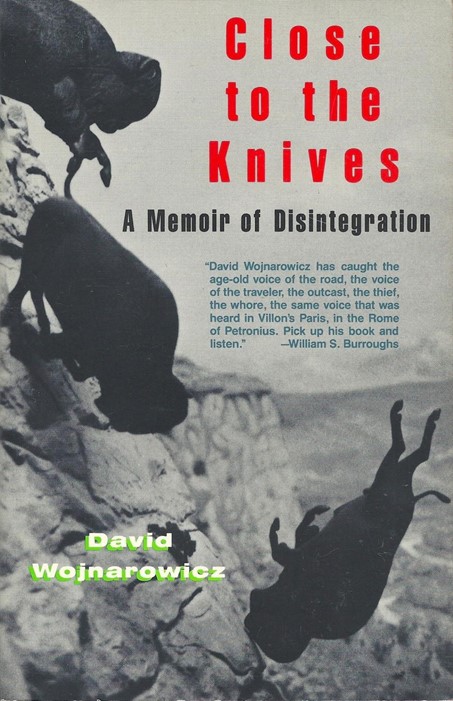
4. Close to the Knives by David Wojnarowicz
David Wojnarowicz’s beloved collection of creative essays, Close to the Knives, remains a vital work – “a scathing, sexy, sublimely humorous and honest personal testimony to the ‘Fear of Diversity in America’” (as per its inside flap). It’s an intensely powerful memoir that guides the reader across the American artist’s life – from his violent suburban childhood through a period of homelessness in New York City to his ascent to fame (and infamy) as one of America’s most provocative creators and queer icons – inciting action and self-examination on every page. In the words of Publishers Weekly: “What Kerouac was to a generation of alienated youth, what Genet was to the gay demimonde in postwar Europe, Wojnarowicz may well be to a new cadre of artists compelled by circumstance to speak out in behalf of personal freedom.”
5. Diane Arbus by Patricia Bosworth
Patricia Bosworth’s fantastic Diane Arbus biography takes a deep dive into the turbulent life of the seminal American imagemaker, whose unflinching photographs of marginalised groups sought to challenge preconceived notions of “normality” and “abnormality” – with extraordinary results. Through Bosworth’s shrewd investigation, and interviews with Arbus’ friends, colleagues and family members, we learn of the ideas and inspirations that drove her, the fears and anguish that plagued her, her pampered childhood and passionate marriage, and the tragic turn her life took – in spite of growing artistic acclaim – resulting in her suicide in 1971.
6. Ninth Street Women: Five Painters and the Movement That Changed Modern Art by Mary Gabriel
This book is the brilliant tale of five brilliant women artists: Lee Krasner, Elaine de Kooning, Grace Hartigan, Joan Mitchell, and Helen Frankenthaler, who burst onto the male-dominated New York art scene in the 1950s, smashing down gender barriers along the way. Each was an indomitable force in their own right – Krasner, an assertive leader and hellraiser; de Kooning, a great thinker; Hartigan, a fiercely determined housewife-turned-painter; Mitchell, a vulnerable soul with a steely exterior and prodigious talent; Frankenthaler, a well-schooled New Yorker, who shunned a traditional career path to follow her dreams. But together, “from their cold-water lofts, where they worked, drank, fought, and loved”, they changed the face of postwar American art and society forever.
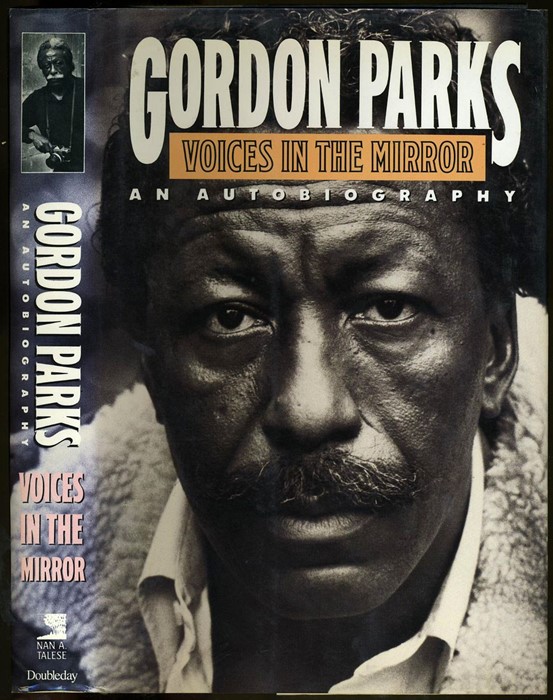
7. Voices in the Mirror: An Autobiography by Gordon Parks
Gordon Parks’ autobiography Voices in the Mirror is a compelling and empowering read. It traces the American photographer’s difficult early life in Minnesota – where he became homeless, following his mother’s death – through his groundbreaking and meteoric rise as an image-maker (the first Black photographer at Vogue and Life, no less) and thereafter as a Hollywood screenwriter, director and novelist. Parks was a man of great compassion and courageous vision, whose work spanned “intimate portrayals of Ingrid Bergman and Roberto Rossellini; of the Muslim and African American icons Malcolm X, Elijah Muhammad and Muhammad Ali; of the young militants of the civil rights and black power movements; and of the tragic experiences of the less famous, like the Brazilian youngster Flavio”. Suffice to say that incredible stories and words of wisdom abound.
8. Hanging Man: The Arrest of Ai Weiwei by Barnaby Martin
Ai Weiwei has spent his entire career creating very beautiful, deeply political works that challenge and confront his country’s totalitarian regime – to global acclaim. But rising the ranks to become China’s most famous living artist and activist has come at a price. In April of 2011, just six months after his vast, thought-provoking sculpture Sunflower Seeds was installed in Tate Modern’s Turbine Hall, Weiwei was arrested at the Beijing Capital International Airport and detained illegally for over two months in dire conditions. Shortly after his release, Barnaby Martin travelled to Beijing to interview the artist about his imprisonment and to discover more about “what is really going on behind the scenes in the upper echelons of the Chinese Communist Party”. Hanging Man is the result – a highly informative and stirring account of “Weiwei’s life, art, and activism”, as well as “a meditation on the creative process, and on the history of art in modern China”.
9. Gluck: Her Biography by Diana Souhami
In Gluck, author Diana Souhami examines the radical life and work of British painter Hannah Gluckstein (1895-1978), who took on the name Gluck, with “no prefix, suffix, or quotes”, in her twenties to reflect her gender non-conforming identity. Famed for her masculine, undeniably chic style of dress, her passionate affairs with society women, and her emotive portraits, flower paintings and landscapes, Gluck was provocative and tender, fierce and gifted in equal measure – and decades ahead of her time. This excellent biography “captures this paradoxical ... woman in all her complexity”, to page-turning effect.
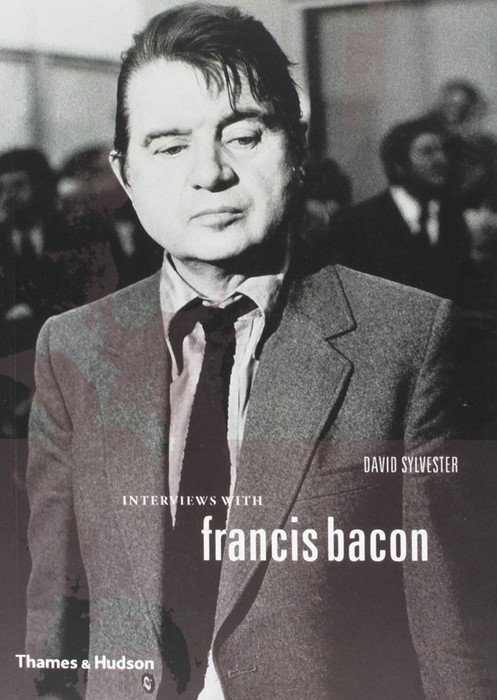
10. Interviews with Francis Bacon by David Sylvester
As its title suggests, this book is not a biography as such, but a series of nine interviews with the inimitable figurative painter, Francis Bacon. They were conducted by the late art critic and curator David Sylvester over the course of 25 years, from 1962 to 1986, and thereafter compiled into what has long been heralded a classic, offering an illuminating glimpse into one of the great creative minds of the 20th century. In it, the British painter contemplates the fundamental problems involved in making art, as well as his own “obsessive thinking about how to remake the human form in paint” (to quote the book’s back cover), revealing a great deal about his radical practice and storied past in the process. Cited by David Bowie as one of his all-time favourite books, it is essential reading not just for Bacon fans, but for anyone in search of creative impetus.
11. My Art, My Life: An Autobiography Novel by Diego Rivera and Gladys March
My Art, My Life by Diego Rivera is a wild read, offering juicy first-person insight into the world of the larger-than-life Mexican painter. Rivera recounted his life’s story to the young American writer Gladys March over the course of 13 years, leading up to his death in 1957. The book sheds fascinating light on Rivera’s radical approach to modern mural painting, his strong political ideology and his equally unerring devotion to women (he married Frida Kahlo not once but twice, you’ll remember). In the words of the San Francisco Chronicle: “There is no lack of exciting material. A lover at nine, a cannibal at 18, by his own account, Rivera was prodigiously productive of art and controversy.”
12. Sophie Calle: True Stories by Sophie Calle
First published in French in 1994, and since expanded and printed in English, True Stories, by the French conceptual artist Sophie Calle, is a real gem. Calle’s idiosyncratic oeuvre comprises controversial explorations of “the tensions between the observed, the reported, the secret and the unsaid,” in the words of the book’s cover, spanning photography, film, and text. Many of her pieces revolve around the documentation of other people’s lives, and the insertion of herself into them (think: her 1980 work Suite Vénitienne, where she followed a stranger from Venice to Paris), but True Stories is entirely focused on Calle herself. Through a montage of typically poetic and fragmented autobiographical texts, and photographs, the artist “offers up her own story – childhood, marriage, sex, death – with brilliant humour, insight and pleasure”.
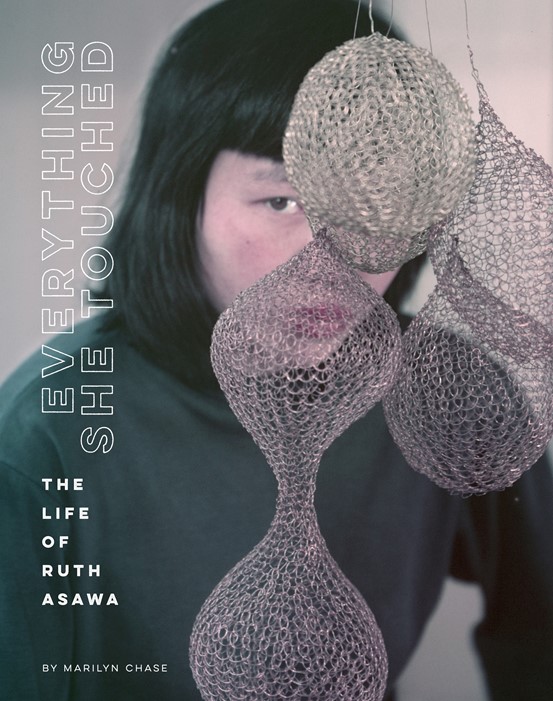
13. Everything She Touched: The Life of Ruth Asawa by Marilyn Chase
This book centres on the late Japanese American artist Ruth Asawa – best known for her breathtaking hanging-wire sculptures and bold, urban installations and fountains. Asawa survived an adolescence spent in World War Two Japanese-American internment camps, before securing a place at the revolutionary art school Black Mountain College. There she discovered her signature medium as a lyrical means of challenging the conventions of material and form. Later, Asawa would become a pioneering advocate for arts education in her adopted hometown of San Francisco, while raising six children, battling lupus and continuing to work. By incorporating Asawa’s own writing and sketches, photographs, and interviews with her loved ones, Marilyn Chase conjures up a fully rounded image of a visionary creator, who “wielded imagination and hope in the face of intolerance and transformed everything she touched into art”.
14. Hannah Höch: Life Portrait: A Collaged Autobiography by Hannah Höch and Alma-Elisa Kittner
German Dadaist and collage artist Hannah Höch’s esteemed career spanned two world wars and most of the 20th century, and by the age of 83, she was ready to reflect. The result was her final, largest photo-collage, Life Portrait (1972-3), comprising 38 sections and measuring nearly four by five feet. It is a self portrait-cum-memoir, alluding to the different periods of Höch’s life and work, while “ironically and poetically commenting on key political, social and artistic events from the previous 50 years.” It also includes imagery of her favoured themes and inspirations (“fashion imagery, news photographs, African art and pictures of plants and animals”) as well as multiple pictures of herself, identifiable by her signature bob haircut. This unique book presents the collage section by section, alongside relevant quotes and explanatory texts by Alma-Elisa Kittner, acting as a brilliant meditation on “Höch’s final masterpiece, and the life’s work it represents”.
15. Georgia O’Keeffe by Roxana Robinson
Roxana Robinson’s acclaimed Georgia O’Keeffe biography is a sensitive and enthralling investigation into the life and work of the so-called “mother of American Modernism”. It takes an in-depth look at O’Keeffe’s influences, from abstraction and photography to Asian art, and how she assimilated these into her singular painting practice – “the red hills, the magnified flowers, the great crosses and white bones”. It also shines a light on the many intense relationships the artist forged throughout her life, from her marriage to the revered photographer Alfred Stieglitz to her scandalous relationship with Juan Hamilton, a man six decades her junior. Best of all, it includes plenty of O’Keeffe’s own words – in the form of her letters and writings – allowing the artist herself to play a key role in the telling of her own multifaceted, infinitely inspiring story.
